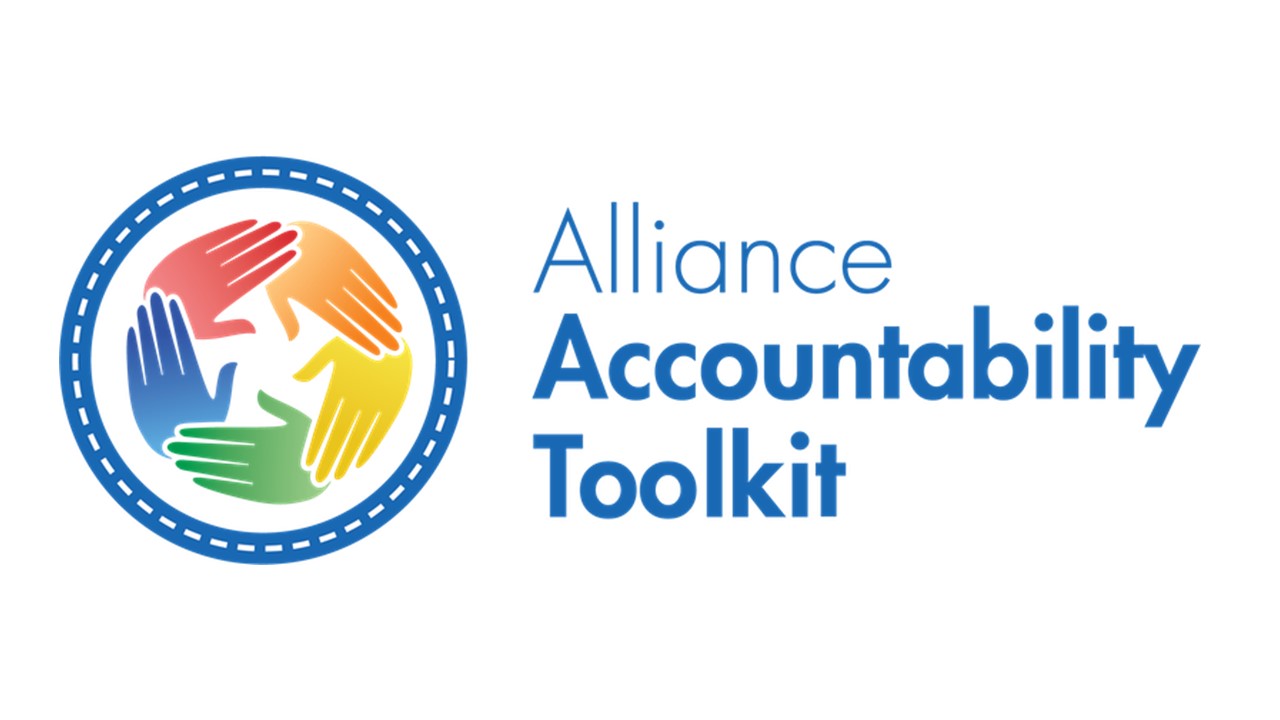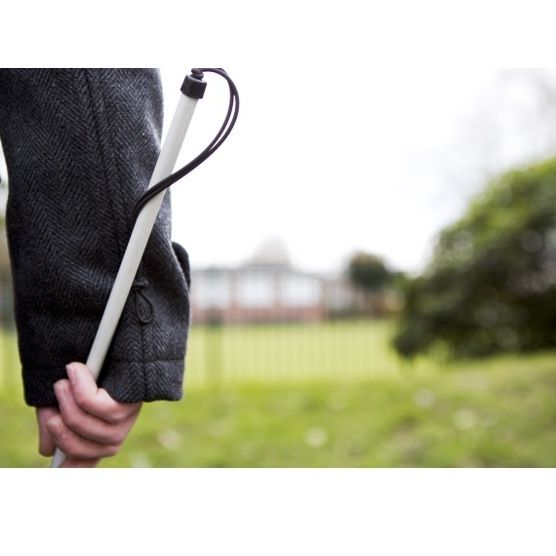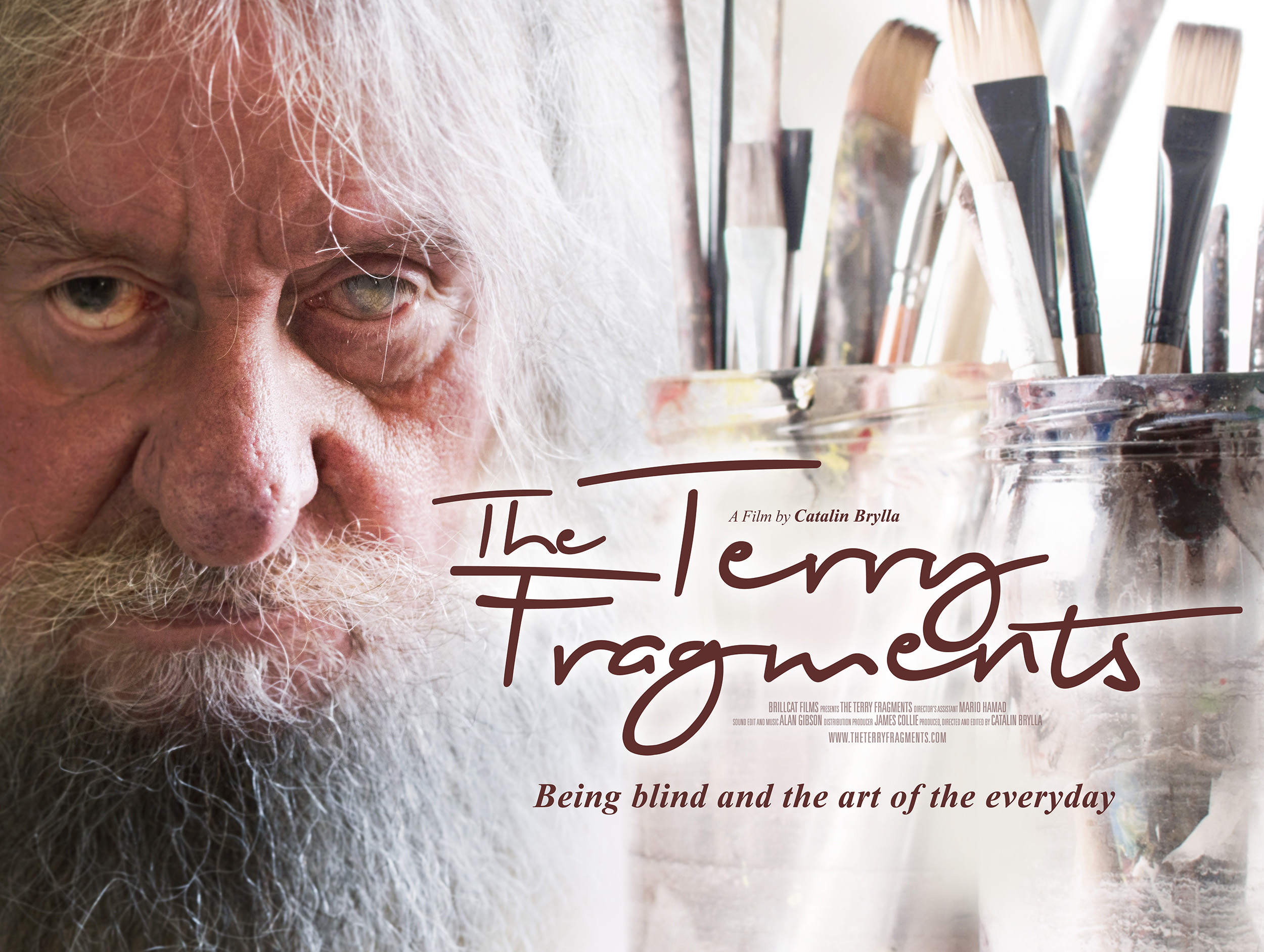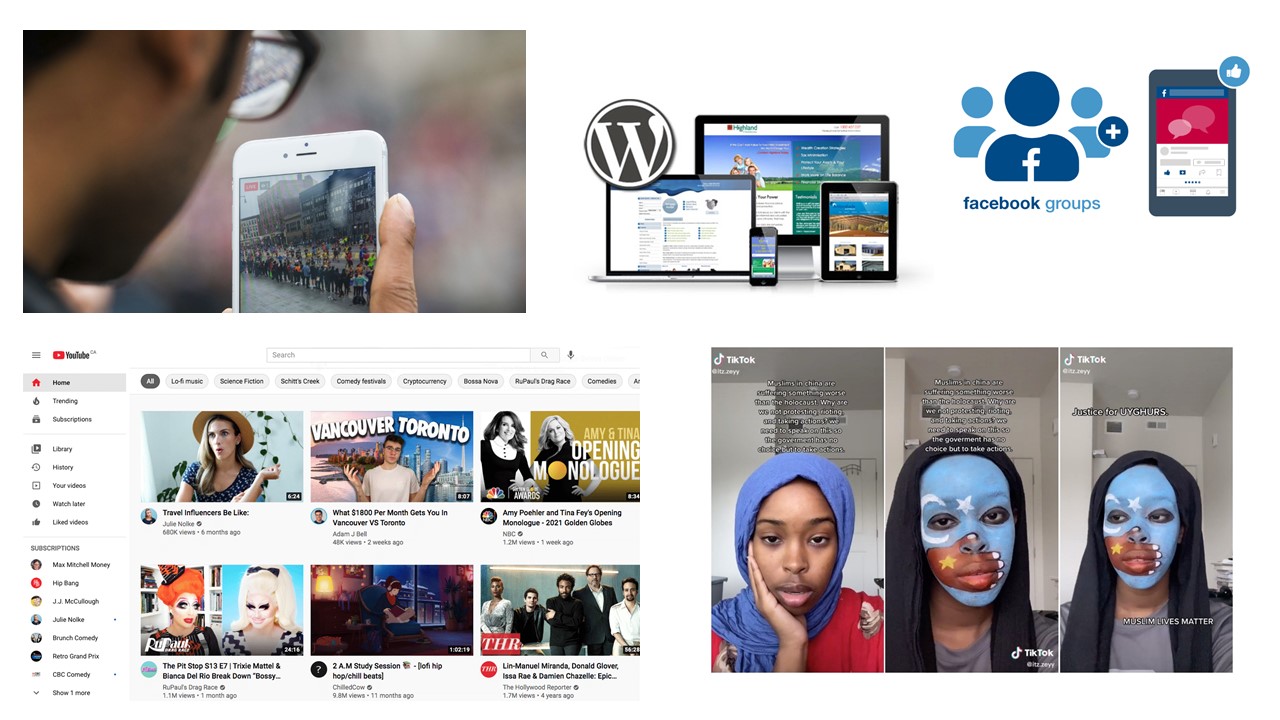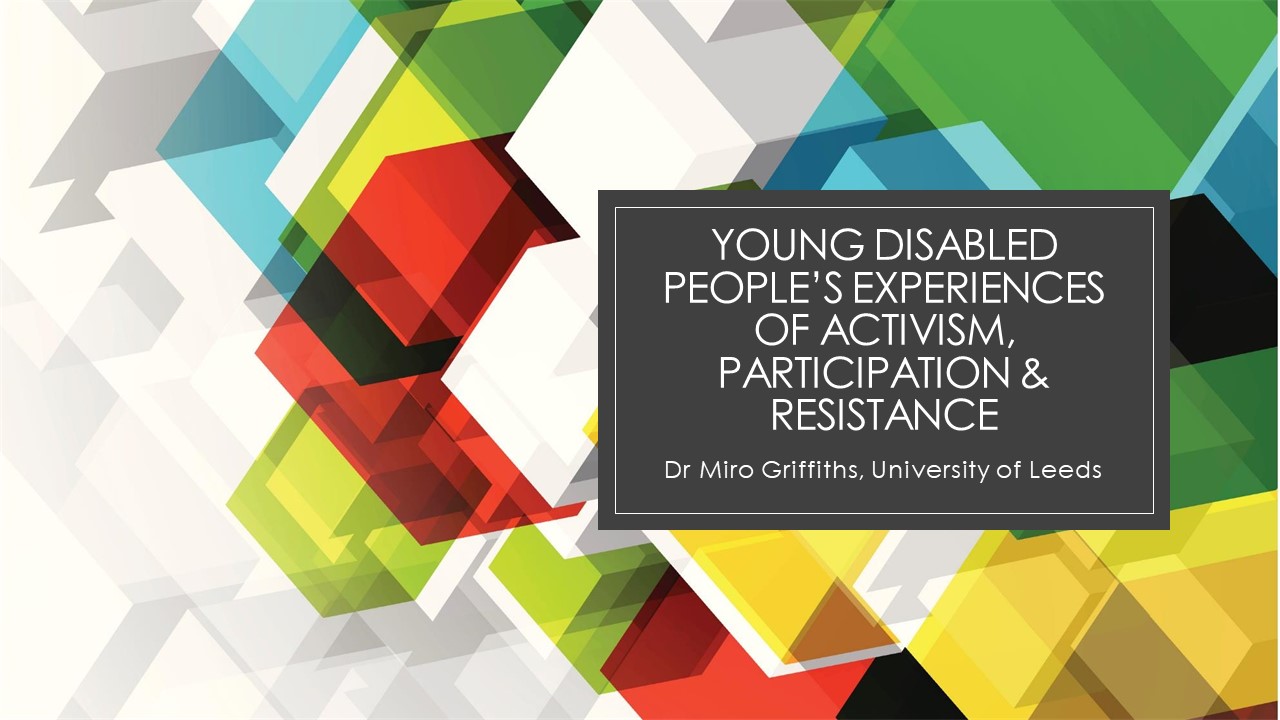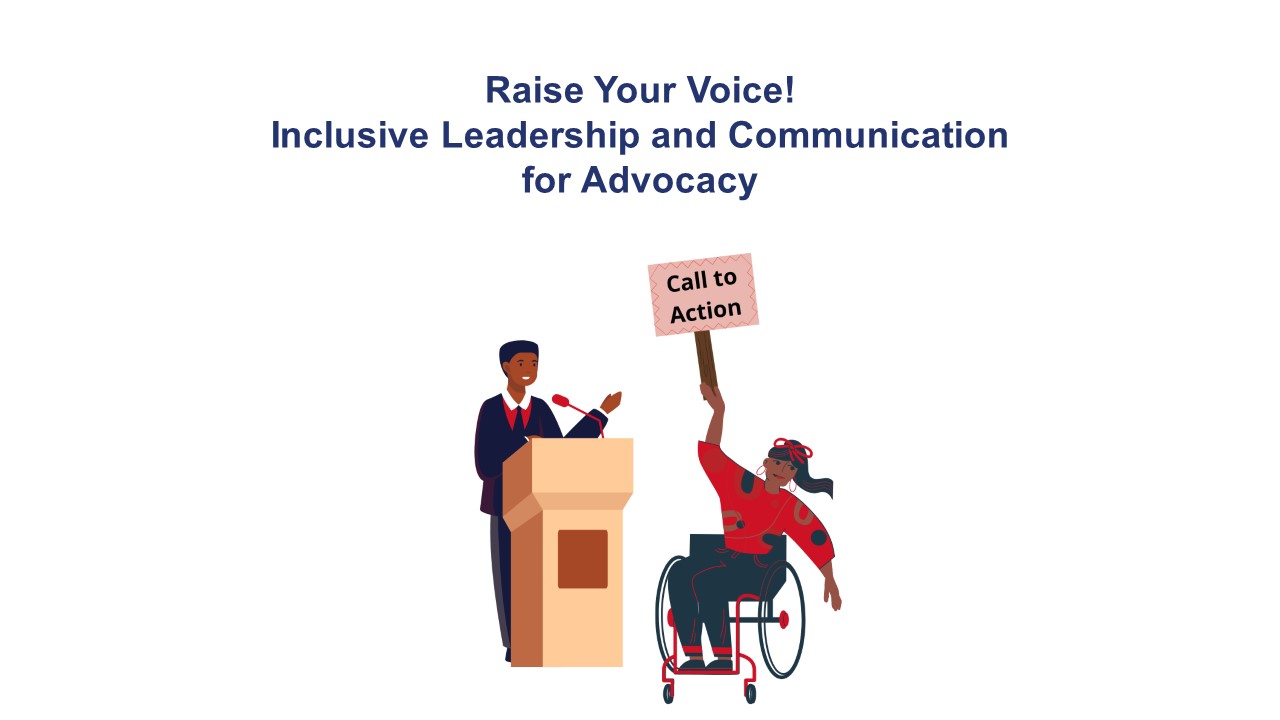
The International Foundation for Electoral Systems (IFES) provides this Inclusive Digital Advocacy Toolkit as a new resource to support civil society organizations (CSOs), organizations of persons with disabilities (OPDs) and diverse advocates to use social media and technology in advocacy activities. As the COVID-19 pandemic has disproportionately impacted marginalized communities such as young people, persons with disabilities, LGBTQI+ persons, women, rural communities, ethnic and religious minorities, Indigenous Peoples and others, digital advocacy has been a key tool in bridging the gap between advocates and decision-makers. The Inclusive Digital Advocacy Toolkit includes tips, detailed steps and specific examples of how advocates can add digital advocacy to their existing and future advocacy initiatives.
